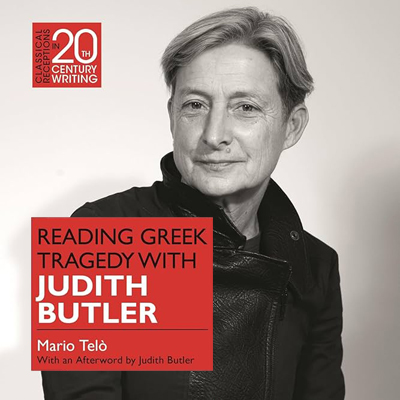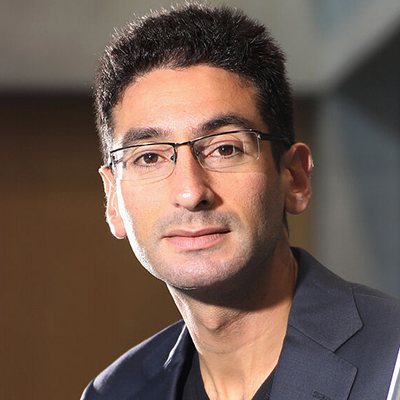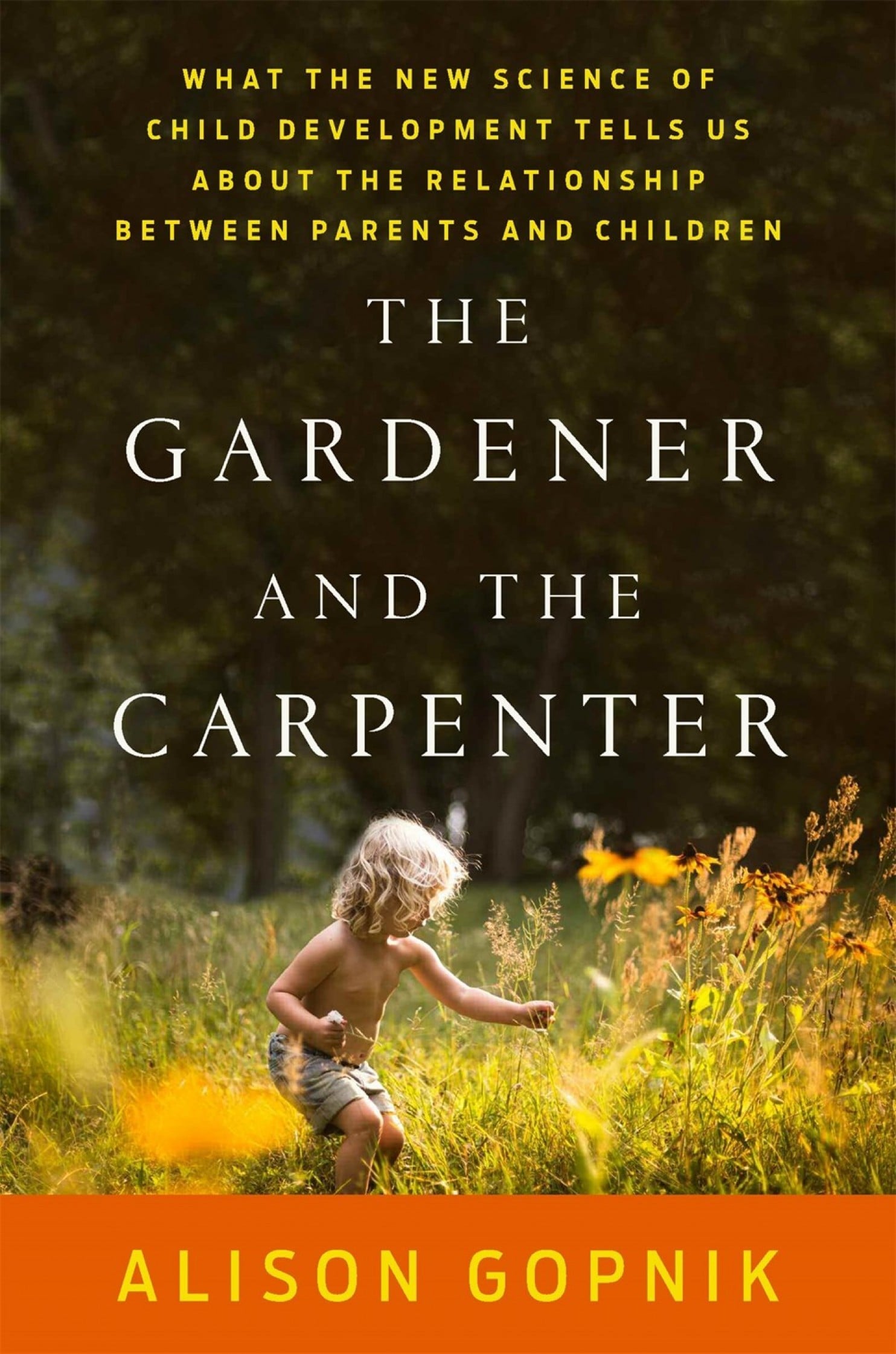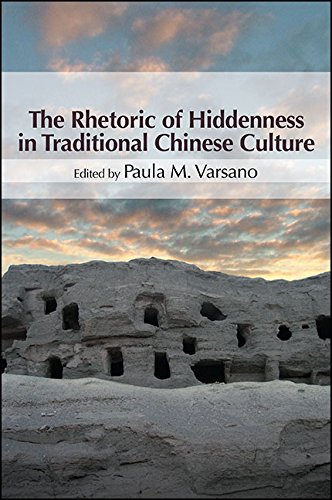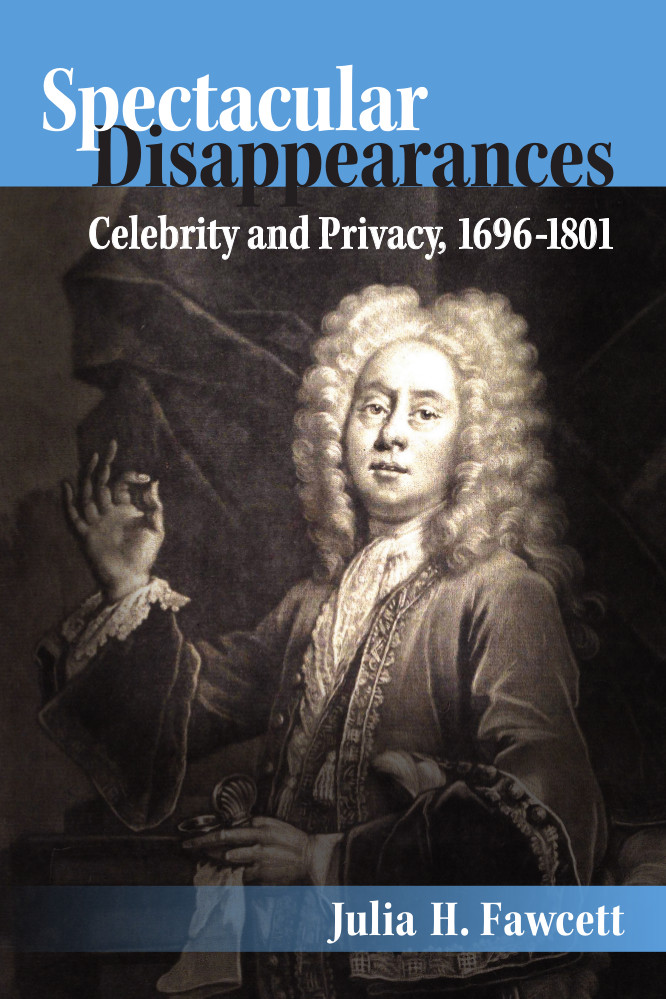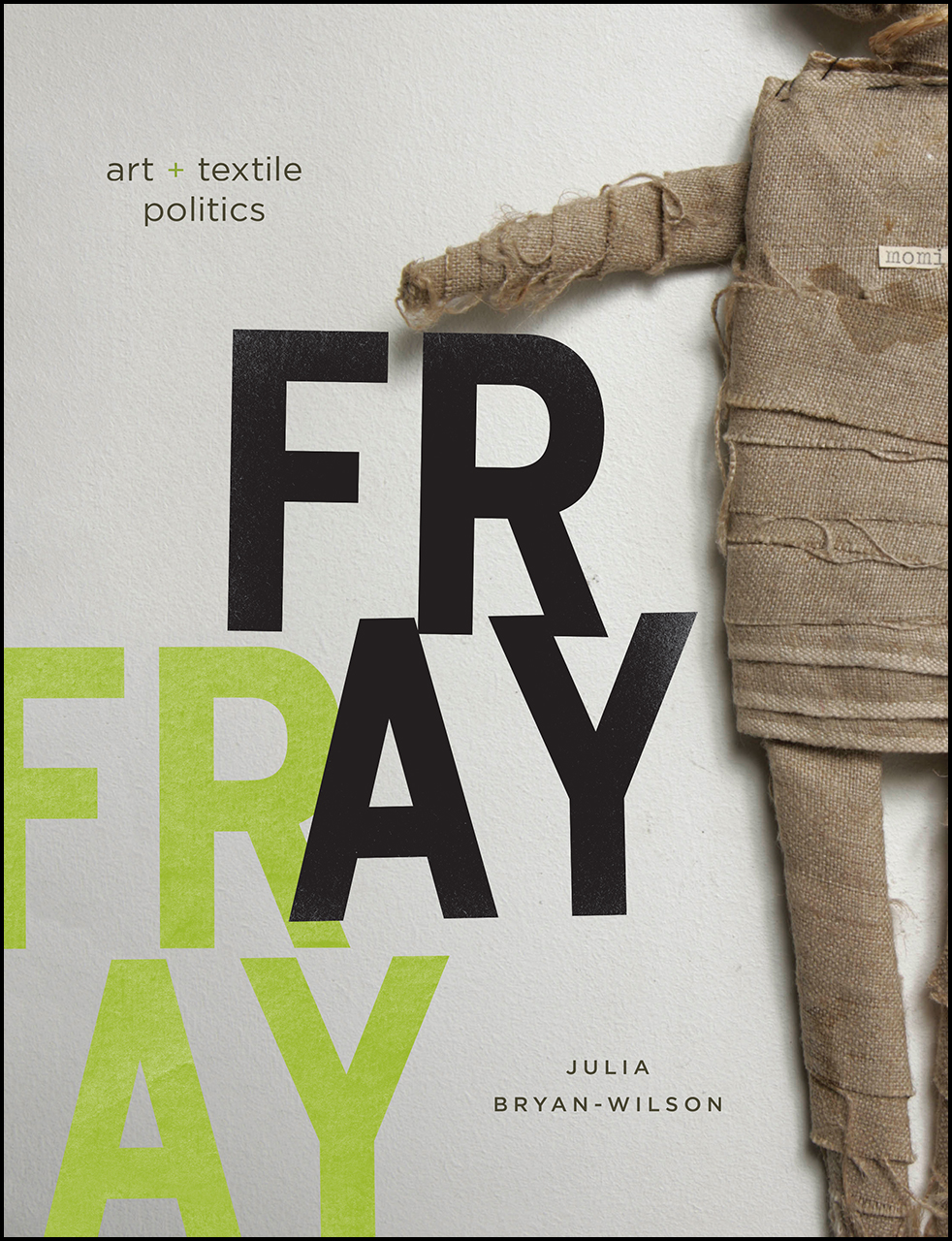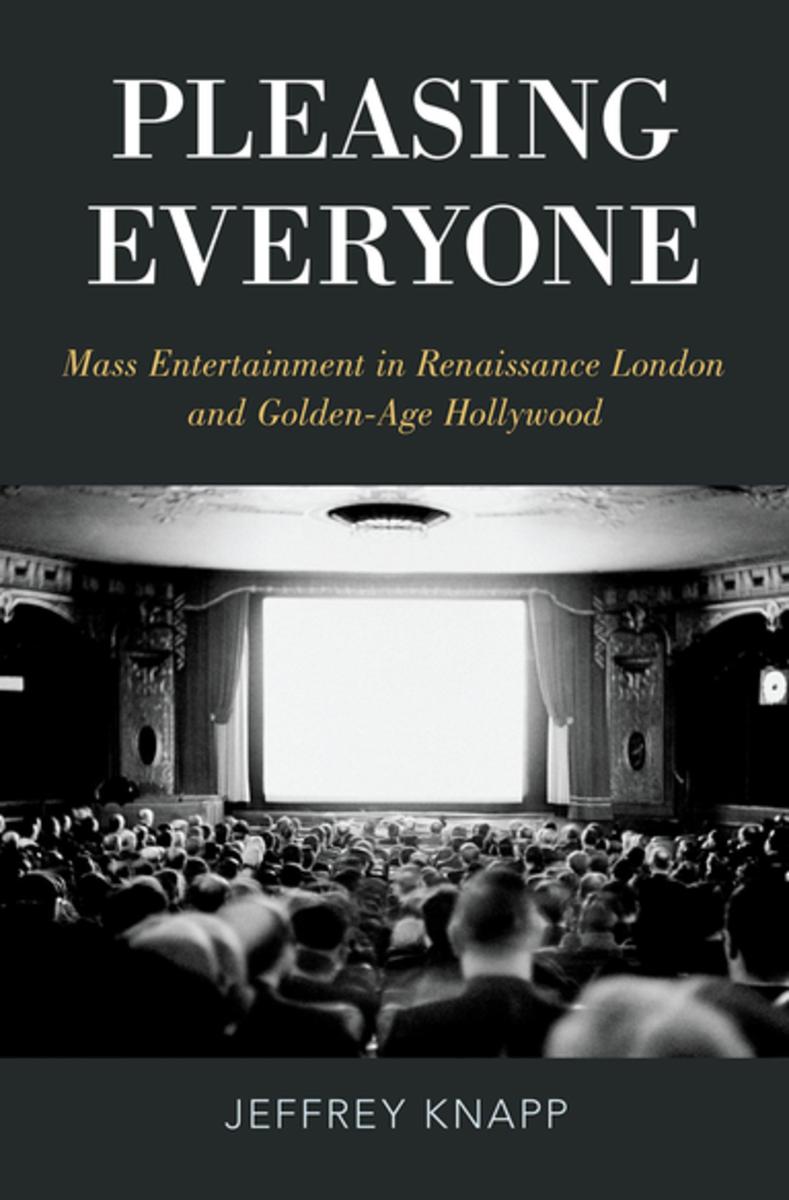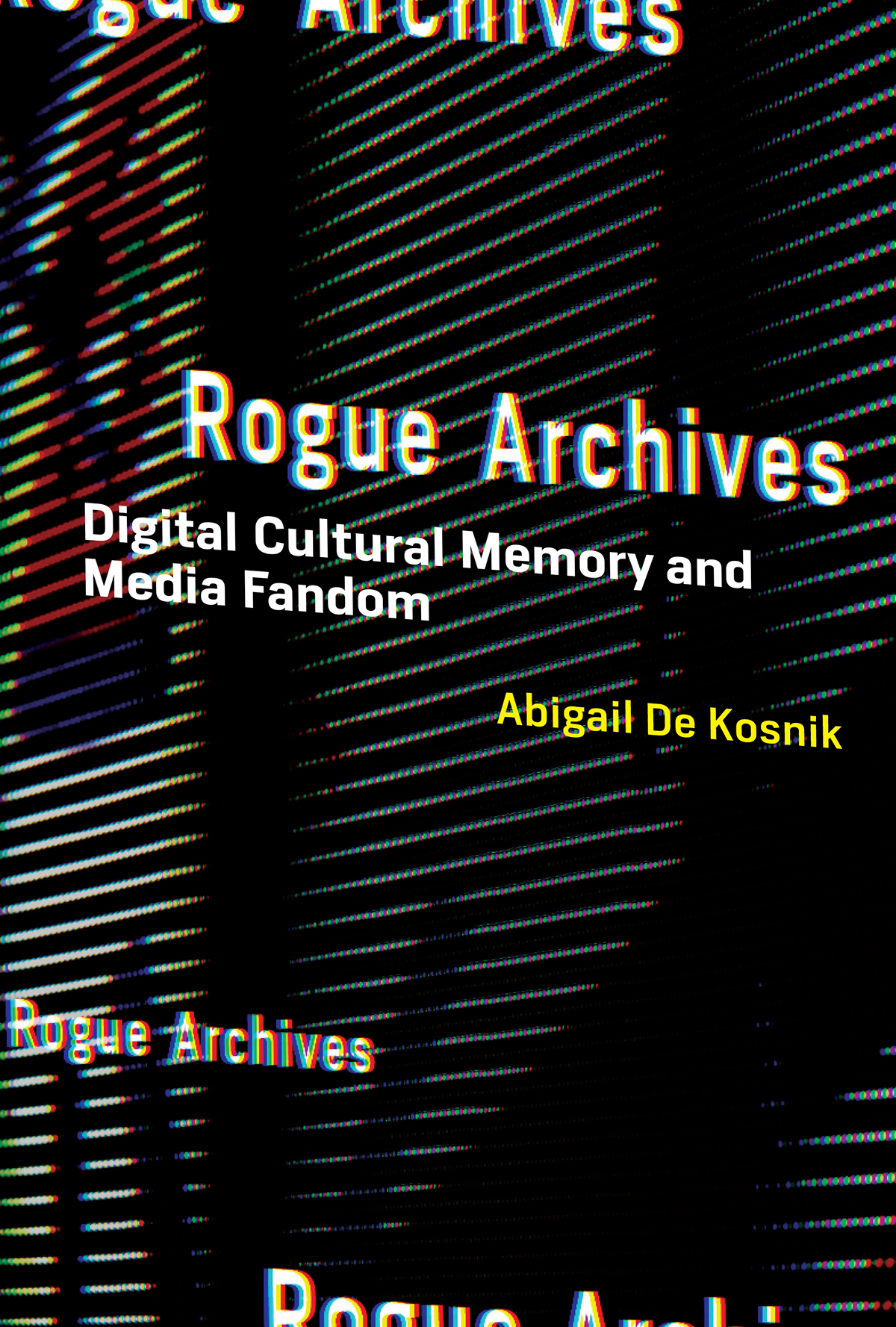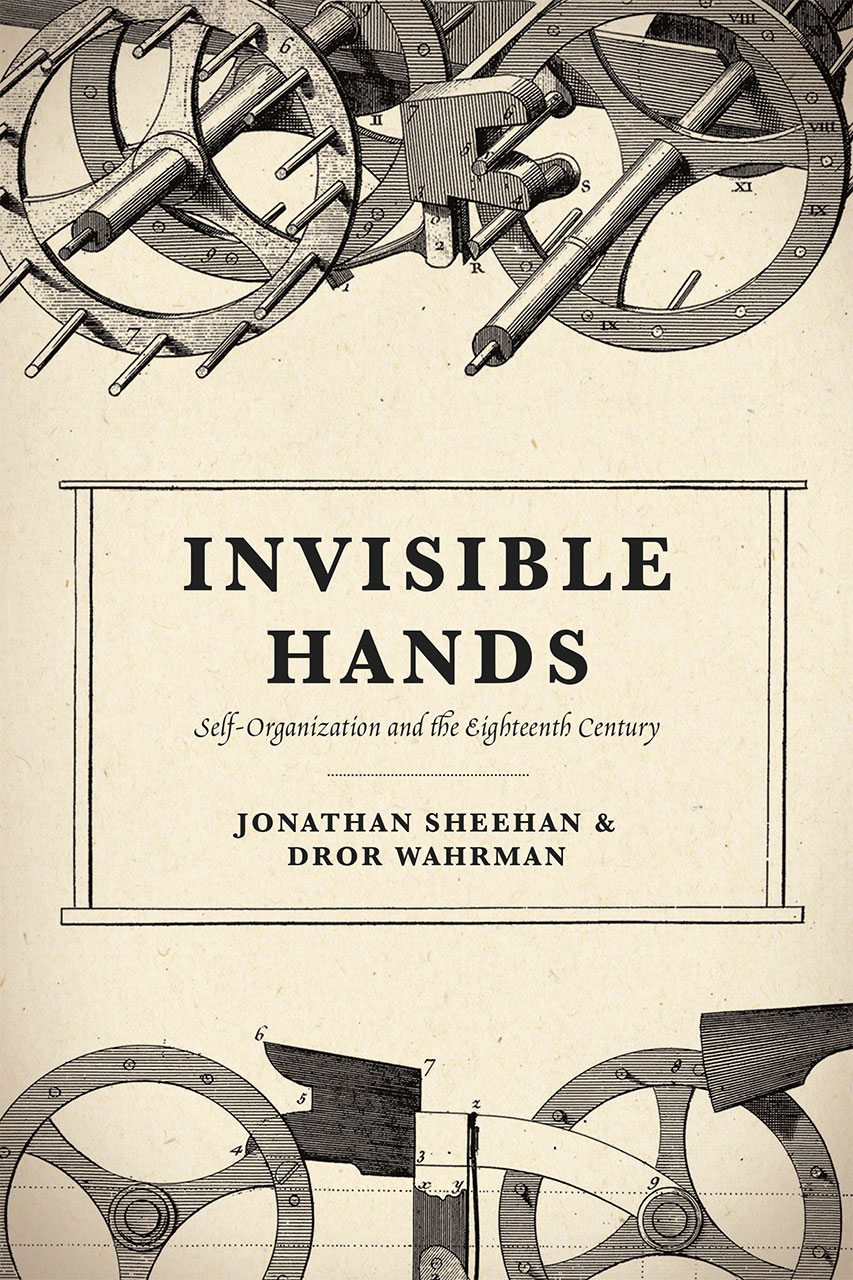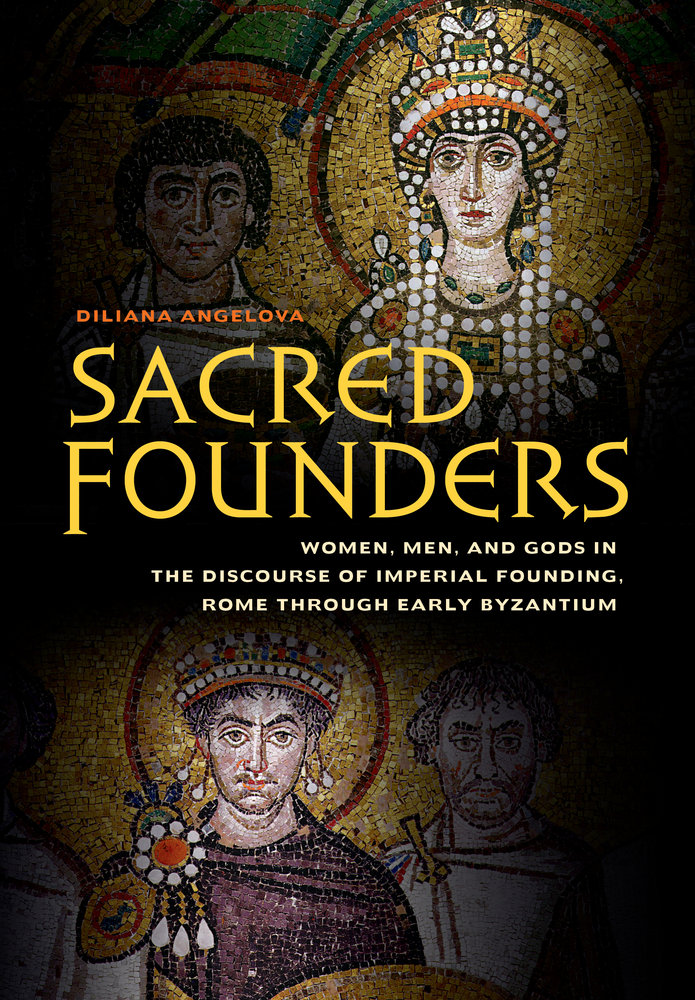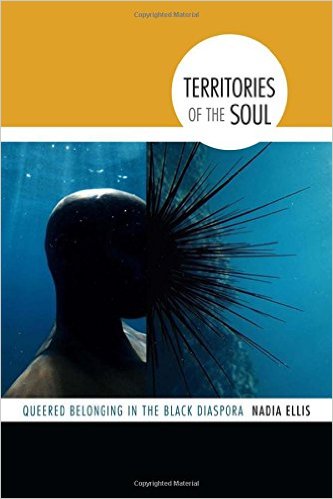The Townsend Center presents a lunchtime series celebrating the intellectual and artistic endeavors of the UC Berkeley faculty. Each Berkeley Book Chat features a faculty member engaged in conversation about a recently completed publication, performance, or recording. The series highlights the extraordinary breadth and depth of Berkeley’s academic community.
Reading Greek Tragedy with Judith Butler
Considering Judith Butler's “tragic trilogy” — a set of interventions on Sophocles's Antigone, Euripides's Bacchae, and Aeschylus's Eumenides — Mario Telò seeks to understand how Butler uses and interprets Greek tragedy and, ultimately, how tragedy shapes Butler's thinking.
Through bold new analyses of legendary works of German silent cinema, Nicholas Baer reassesses Weimar cinema in light of the "crisis of historicism" widely diagnosed by German philosophers in the early twentieth century.
Past Events
The Gardener and the Carpenter: What the New Science of Child Development Tells Us About the Relationship Between Parents and Children
Alison Gopnik argues that the familiar 21st century picture of parents and children is profoundly wrong — it's not just based on bad science, it's bad for kids and parents, too.
This volume brings together fourteen essays that explore the role of hiddenness—as both an object and a mode of representation—in the history of cultural production in China.
Julia Fawcett examines the stages, pages, and streets of eighteenth-century London as England's first modern celebrities performed their own strange and spectacular self-representations.
Examining the role of handmaking amid the rise of global manufacturing, Fray explores how textiles inhabit the broad space between high and low, untrained and highly skilled, conformist and disobedient, craft and art.
Pleasing Everyone: Mass Entertainment in Renaissance London and Golden-Age Hollywood
In his exploration of the long history of mass entertainment before film, Jeffrey Knapp opens our eyes to the uncanny resemblance between Renaissance drama and Golden-Age Hollywood cinema.
Rogue Archives examines the rise of self-designated archivists—fans, pirates, hackers—who have become practitioners of cultural preservation on the Internet, building freely accessible online collections of content.
Invisible Hands traces the rise in eighteenth-century Europe of a belief in self-organization—such that large systems, whether natural or human-made, are seen as capable of creating their own order, without any need for external direction.
Sacred Founders: Women, Men, and Gods in the Discourse of Imperial Founding, Rome through Early Byzantium
Sacred Founders argues that from the time of Augustus through early Byzantium, a discourse of "sacred founders” helped legitimate the authority of the emperor and his family.
Territories of the Soul draws upon queer and affect theory to explore structures of belonging experienced by the black diasporic subject.
In Hidden Hitchcock, D.A. Miller does what seems impossible: he discovers what has remained unseen in the movies of this best-known of filmmakers.
